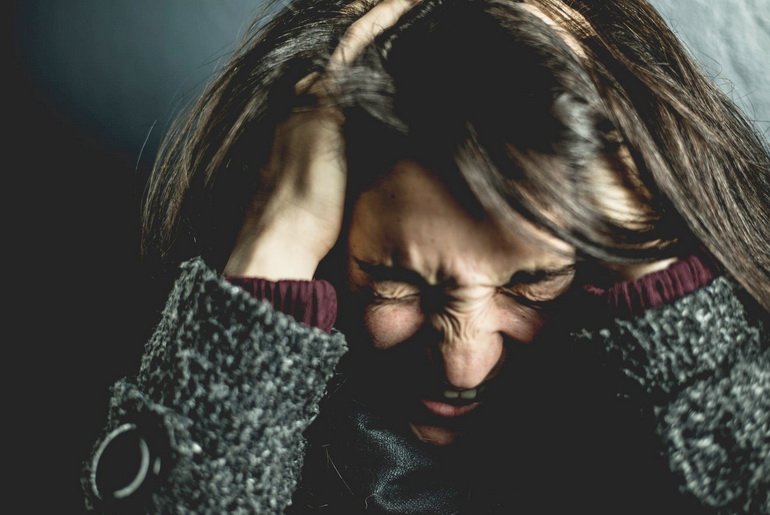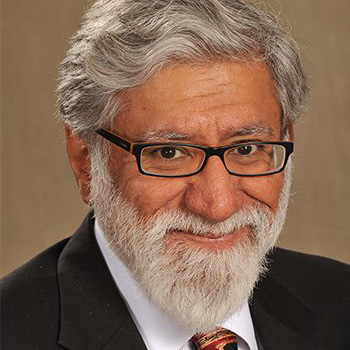Anugraha writes about hate and dislike: “You are the source of the emotions you are generating.” Published on cleveland.com, February 21, 2021.


In my talks, I sometimes ask: Is there a person in your life you just can’t stand? Almost everyone answers “yes.” The corollary is that we ourselves are on someone else’s list of people they can’t stand!
Inspired by the writings of the Indian mystic Osho, who left us a legacy of over 2,000 books on living with humor and wisdom, let’s explore how the act of demonizing another person can yield insight into our own psyches.
The thinking here applies only to everyday animosities, not to relationships involving emotional or physical abuse.
Here are some unconscious processes to consider about the person we feel intense dislike toward:
1. Do they remind us of a quality we reject in ourselves and are trying hard to suppress?
2. Do they remind us of an authority figure or of a situation in which we felt powerless? Often, we heap the suppressed anger and rage, the “unfinished baggage” from that prior experience, onto the person.
3. Our anger may cloak an underlying fear that has been triggered. Without processing it, our unconscious converts the fear into anger.
4. Hating other people is also a way of feeling superior, virtuous and “better” than them.
How do we heal from hatred? Conversely, how can we heal from the pain of being despised by someone?
It’s important to be compassionate toward oneself and to the other, because both the hater and the hated suffer emotionally. There are no winners in this game.
In the presence of the person you dislike, you may experience anger, jealousy, disgust, etc. You have a choice of perspectives.
In the “external locus of responsibility” perspective, you will see this person as causing your distress and anger. You will blame them for your unhappiness and anger and hold them responsible. Most people live this way.
In the “internal locus of responsibility” perspective, you will not blame “the other,” but you will take responsibility for the fact that you are interpreting the other person’s behavior and making up a story about them that leaves you angry and upset. You are the source of the emotions you are generating.
In blaming the other person, we will feel temporary relief. But we may suffer in the long run. Although it’s hard to swallow the bitter pill of personal responsibility, only in taking responsibility for our unhappiness, anger or jealousy are we set free.
Osho suggests that when we think someone has made us angry, they are merely showing us the volcano of trapped anger from our past from which we need to heal.
Also, rather than point the accusatory finger, what if we ask ourselves: “When have I done to others exactly what I am blaming this person for?”
Osho cautions us that human beings are vast and complex. Our judgments are based on seeing a thin sliver of their being. The person we despise may be carrying much pain.
Osho also reminds us that all human beings embody a divine light within them, although the lamp may be covered with dirt from traveling through life. Through our compassion, we can help others to shine forth their incandescence.
In accepting that everyone is doing their best moving toward an enlightened state, we can unleash a revolution of compassion on this planet – one person at a time.
cleveland.com – Illustration Osho News





Comments are closed.